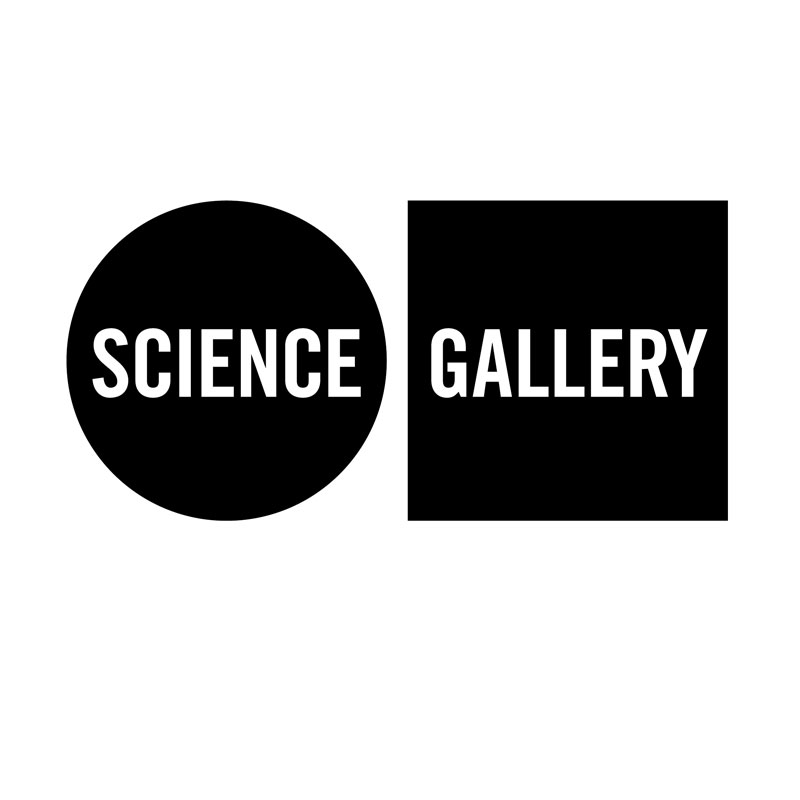Science Gallery: Plastivore

MacFarland Court
The University of Melbourne
Parkville campus
Do solutions to our recycling crisis exist in nature?
Nature is outsmarting us. Solutions to our enormous waste problems are often right in front of us. Polystyrene is a non-biodegradable material that is a large component of our global waste problem and a major contributor to pollution. The humble mealworm has the ability to biodegrade polystyrene through its gut bacteria, breaking down the plastic and turning it into compost.
Artist Oliver Kellhammer’s work, allows you to watch the mealworms as they dine on polystyrene.
1–18 AUGUST 2019
Open Monday to Friday 11am–6pm, Saturday 12pm–3pm, plus Sunday 18 August 10am–4pm
About the contributor(s):
Oliver Kellhammer (United States of America)
Oliver is an independent artist, writer and researcher who seeks, through his botanical interventions and social art practice, to demonstrate nature’s surprising ability to recover from damage. Recent work has focused on the psychosocial effects of climate change, cleaning up contaminated soils, reintroducing prehistoric trees to landscapes damaged by industrial forestry, and cataloging the ecology of postindustrial sites. He currently works as a lecturer in sustainable systems at Parsons School of Design in New York City.
Dr Luke Holman (Australia)
Luke is an evolutionary biologist working at The University of Melbourne. Luke is an expert on ’social’ insects such as ants and bees, and uses insects as convenient models to understand the evolution of sex, insecticide resistance and disease. Additionally, Luke is using data-driven approaches to try to improve the representation of women and other under-represented groups working in science.
Photo credit: Oliver Kellhammer.
